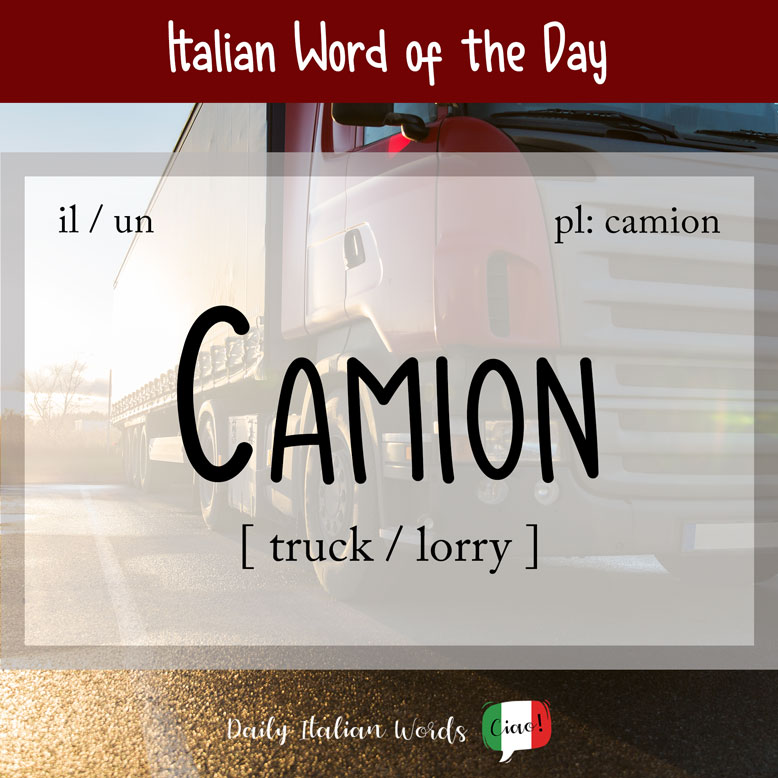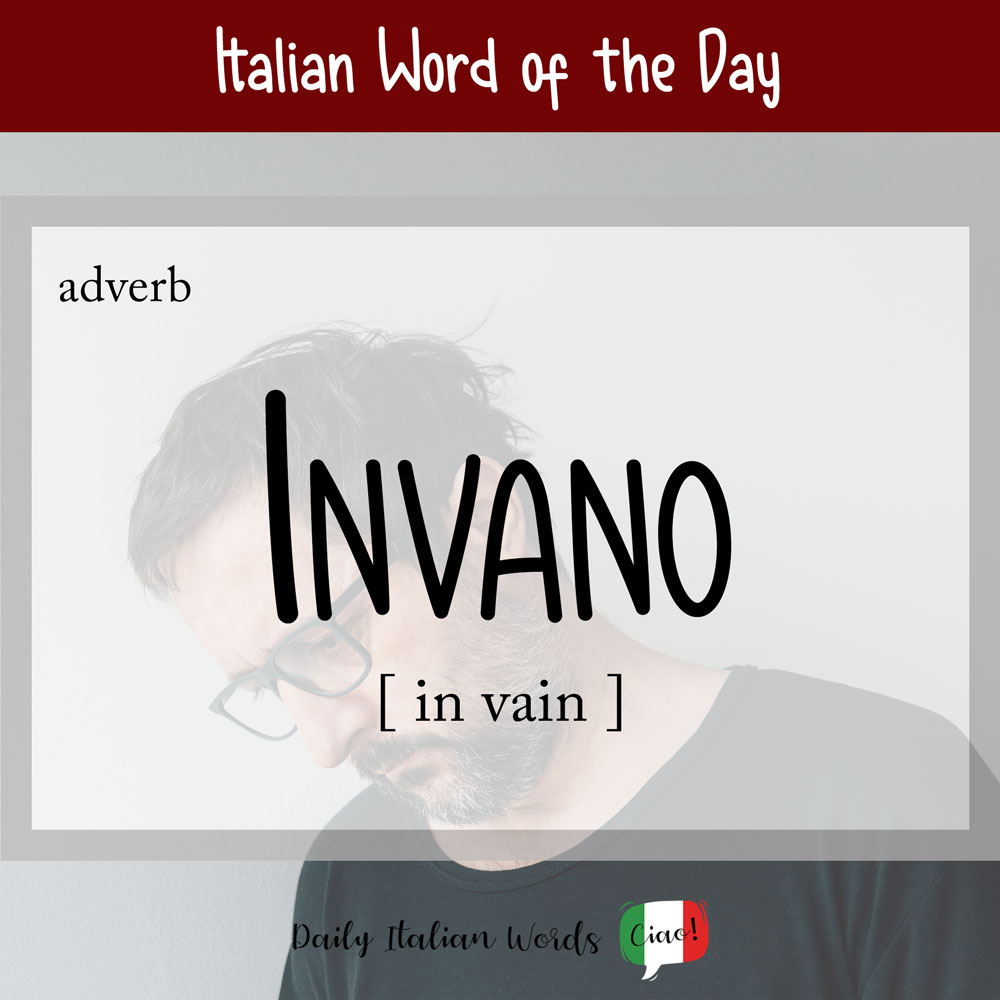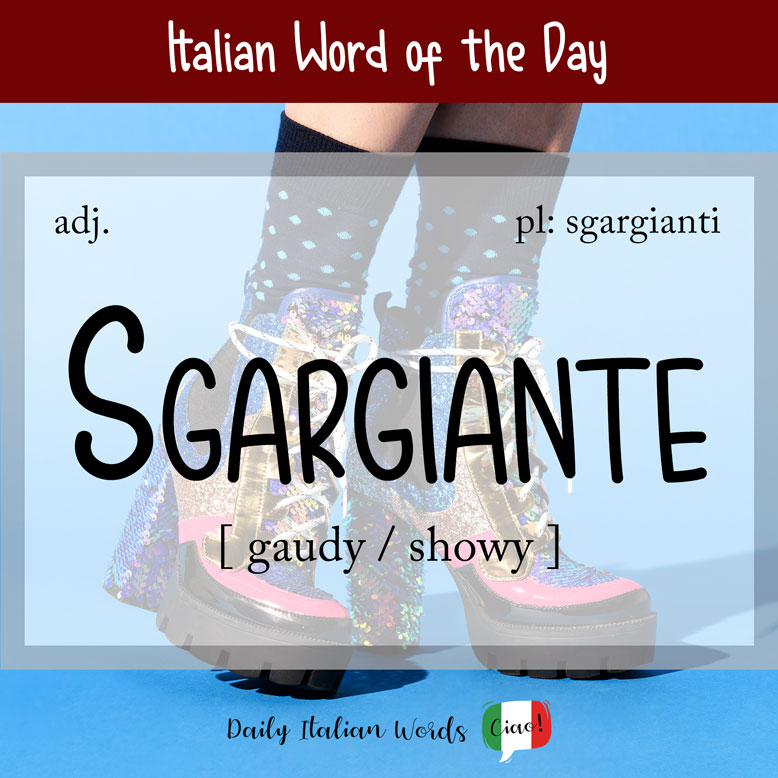Italian Word of the Day: Spigliato (self-confident)
A person who is uninhibited, confident and sure of themselves can be called spigliato in Italian. It is the past participle of the verb spigliare, meaning “to make (someone) more relaxed and confident”. Because it is an adjective, the form changes depending on the gender and plurality of the noun in question: Spigliato can be …






